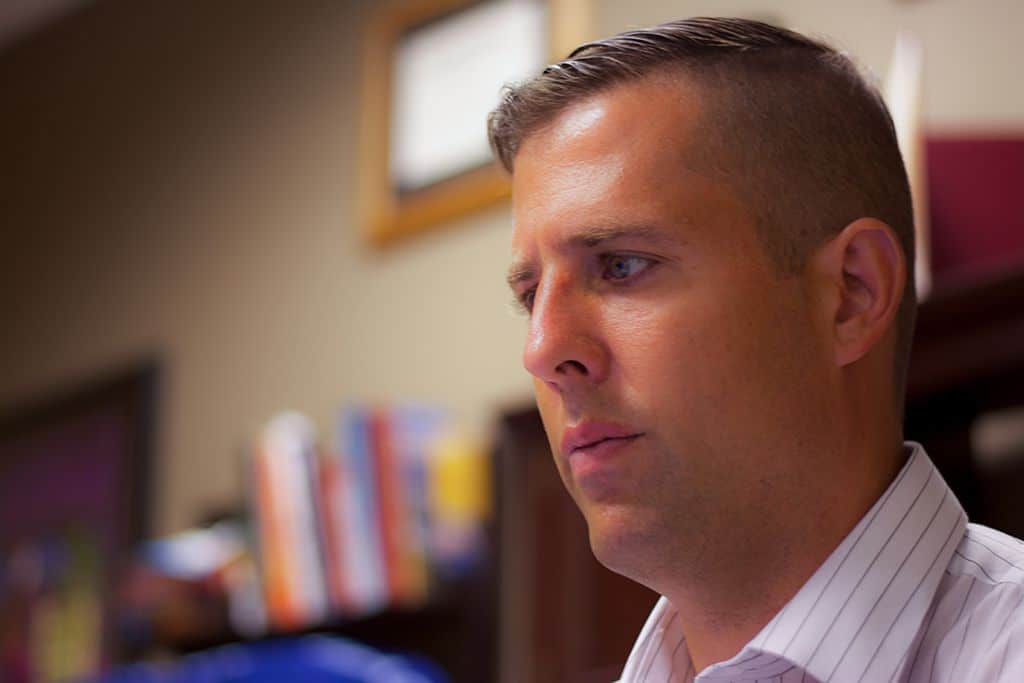Everyone faces challenges in life. Some are more difficult than others, but they all have one thing in common: They make us stronger as individuals. This blog post will discuss how to raise your self-esteem naturally according to Dr. John DenBoer. By understanding and admitting your vulnerabilities, you can start to rebuild your confidence by working on your weaknesses. With a little effort, you can transform yourself into the person you want to be—one with higher self-esteem.
The Importance of Self-Esteem
There’s no question that self-esteem is essential. Research shows that low self-esteem can lead to many problems, including anxiety, depression, addiction, and even obesity1. So how can you boost your self-esteem naturally? Here are five tips:
- Be kind to yourself. It may seem obvious, but putting yourself first is key to building a positive self-image. When you start reflecting positively on yourself, it will help you feel more confident in who you are – and that’s something worth celebrating!
- Set realistic goals for yourself. It can be tough to think positively about ourselves when we’re working hard towards lofty goals – but setting small goals that we can achieve is a great way to build confidence in our abilities. And remember: there’s no shame in failing – as long as you learn from it!
How to Raise Your Self-Esteem Naturally
Self-esteem is not something that can be easily raised. It takes time, patience, and effort to cultivate a high regard for oneself. However, there are a few things that you can do to help raise your self-esteem naturally. First and foremost according to Dr. John DenBoer, it is essential to feel good about yourself daily. This means accepting compliments graciously and living your life in a way that makes you proud. Spend time with people who make you feel good about yourself, stay positive, and surround yourself with positive energy. Exercise not only helps to boost your mood, but it can also help to improve your body image. Try swimming or biking; they’re great ways to increase cardiovascular endurance and simultaneously reduce stress levels.
Tips for Enhancing Your Self-Esteem
- Recognize that self-esteem is a process, not an event. It takes time and effort to build self-esteem.
- Avoid comparing yourself to others. Doing so can damage your self-esteem.
- Appreciate your abilities and accomplishments. This will help you feel good about yourself and increase your self-esteem overall.
- Cultivate a positive attitude towards yourself. Believing in yourself will boost your confidence and make you feel good about yourself no matter what happens.
How Does Self-Esteem Affect Our Lives?
Self-esteem is a big part of who we are and how we feel. It can affect our mood, energy, and physical health. However, it’s not always easy to feel good about ourselves.First, be aware of the things that make you feel good about yourself. What does behaving in a way that makes you happy make you think? Note down these thoughts and behaviors and repeat them to yourself often. Doing this will help strengthen your self-esteem muscles. Take care of yourself physically and emotionally. Make sure to get enough sleep, eat healthy foods, and exercise regularly. Doing these things will improve both your body and mind.
Conclusion
To raise your self-esteem by Dr. John DenBoer, you must start by looking at yourself positively. The first step is acknowledging that there are things about you that you can change. Next, be willing to work hard on changing those things and making strides towards the goals that matter to you. Finally, surround yourself with positive people who will support your efforts and help keep you motivated. With these steps in mind, raising your self-esteem should be a breeze!

